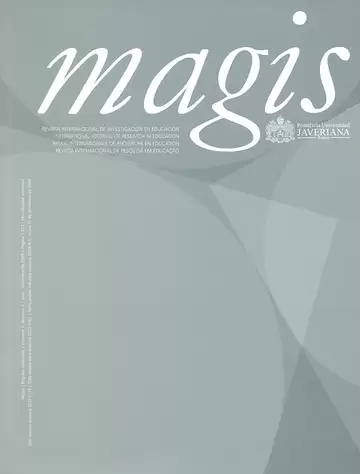Resumo
Sem levar em conta a posição filosófica, pode-se dizer que a escolha escolar depende da economia política em que seus benefícios e defeitos são conseqüência do compromisso com os imperativos políticos ou socioeconômicos. Este texto justapõe alguns resultados do Reino Unidos, dos Estados Unidos e da Europa em um contexto sócio-político e discute as suas implicações teóricas.
A revista magis, Revista Internacional de Pesquisa em Educação by Pontificia Universidad Javeriana encontra-se registada sob a licencia Creative Commons Versão 4.0 Internacional. Portanto, esta obra pode se reproduzir, distribuir e comunicar publicamente em formato digital, sempre que dado o crédito apropriado para os autores e a Pontificia Universidad Javeriana. Permite-se citar, adaptar, remixar, transformar, autoarquivar, republicar e criar a partir do material, para qualquer fim, mesmo que comercial, sempre que indicado apropriadamente o nome do criador, provido um link para a obra original e indicado se mudanças foram feitas. A Pontificia Universidad Javeriana não retém os direitos sobre as obras publicadas e os conteúdos são responsabilidade exclusiva dos autores, os quais conservam seus direitos morais, intelectuais, de privacidade e publicidade.
O aval sobre a intervenção da obra (revisão, correção, edição, tradução, formatação) e a subsequente difusão disponibiliza-se através de licença de uso e não através de transmissão de direitos, o que representa que a revista e a Pontificia Universidad Javeriana são isentas de qualquer responsabilidade que puder se derivar de uma prática ética pobre por parte dos autores. Em consequência da proteção fornecida pela licença de uso, a revista não fica na obrigação de publicar retratações ou alterar informações já publicadas, a não ser que a errata seja decorrente do processo de gestão editorial. A publicação de conteúdos nesta revista não representa royalties para os contribuintes.
Creative Commons Attribution 4.0 International Public License


